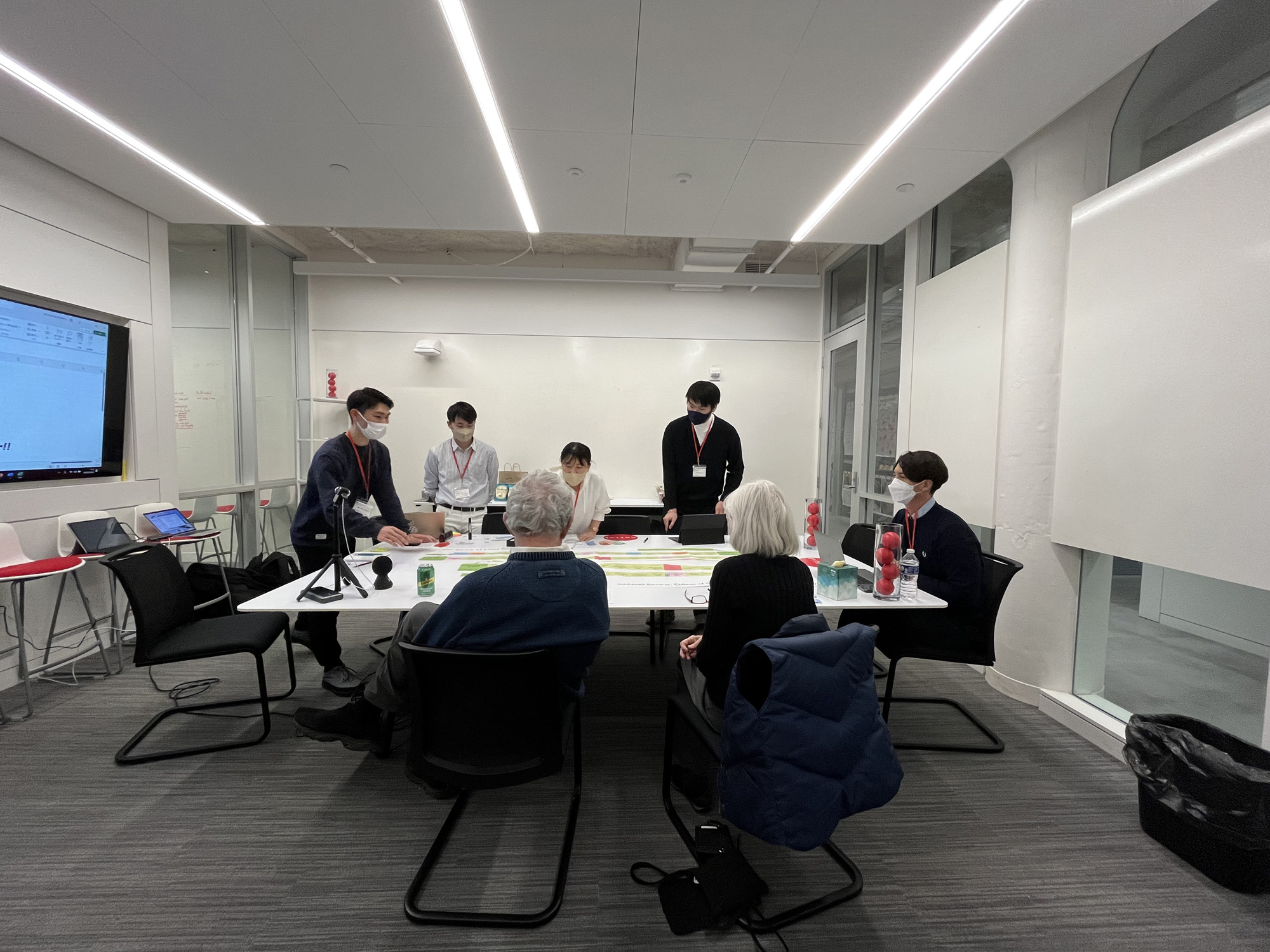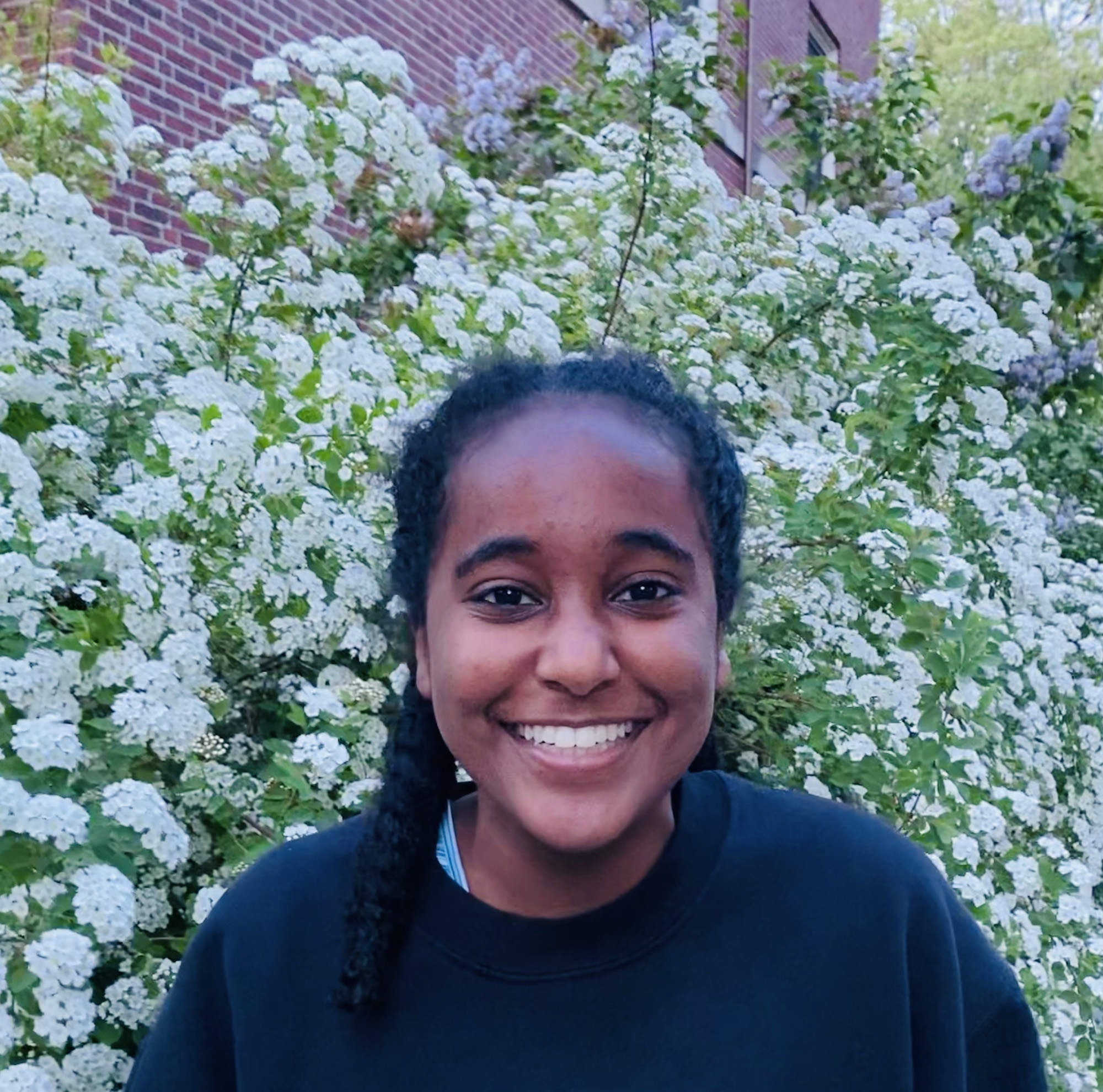Food for thought: A Game of Life for older adults
Earlier this year, the AgeLab was visited by research collaborators from Ritsumeikan University in Japan, who have developed a special version of The Game of Life. The original Life works mainly to keep kids occupied on rainy days—and maybe prompt them to wonder what they want to be when they grow up. The researchers’ version, on the other hand, is aimed at sparking conversations among older adults about end-of-life decisions.
The game has a similar format as the traditional Life that most of us are familiar with. However, the researchers’ version of the game has players “beginning” life in their 60s and continuing through their 90s. The events that occur as the players traverse the board have an age-related flair. If you’re unlucky, you might get into too many fender benders on the road and lose your driver’s license. Alternatively, you might score some extra money in retirement by driving for Uber.
As the game progresses, the topics that arise become increasingly serious. At first, participants answer softball questions like “Do you prefer hot or cold weather?” By the end, they are faced with queries like, “Who would you like to provide care for you if you needed it?”
Members of the MIT AgeLab’s 85+ Lifestyle Leader panel were invited to the AgeLab to try the game. A total of three dyads participated: a couple, two sisters, and two friends. The game is designed to be played by people who know each other, in order to open up deep conversations about topics that sometimes go undiscussed.
During their playthroughs, participants shared intimate stories, described their wishes for the end of their lives, and took space for moments of reflection on the past, present, and future.
According to a 2018 survey by the Conversation Project, 1 in 5 people said they avoided the subject of end-of-life-care in fear of worrying or upsetting their loved ones. Having these discussions can be emotionally draining and uncomfortable. Many organizations have created tools to bridge this gap in conversation, including board games and card decks.
For the three dyads who participated, multiple participants expressed that they had spoken with one another about these topics before but not at the depth that the game facilitated. The Lifestyle Leaders expressed appreciation for the opportunity to share and some individuals noting that they wanted to check in with other loved ones in their life to ensure their wishes were clear as well as update them on changes.
The Lifestyle Leaders’ feedback will inform the researchers on how to refine the design of their game of Life, particularly as they think about how it should be presented for an American audience.

